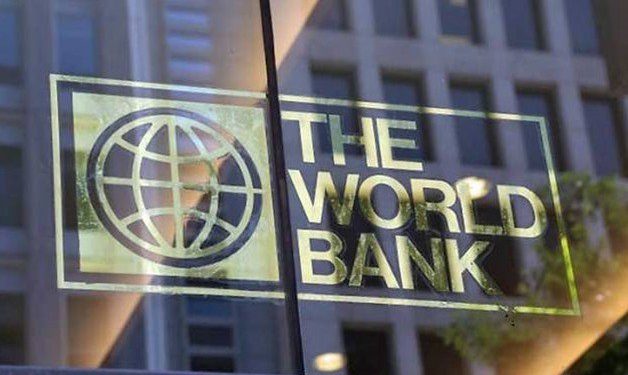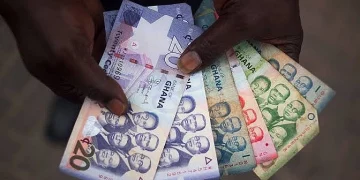- World Bank Ties Ghana’s Energy Sector Funding to Performance-Based Targets
- World Bank Milestone-Based Funding to Curb Power Losses and Boost ECG Efficiency
In a strategic shift aimed at bolstering accountability and operational efficiency, Ghana has adopted a results-based financing approach known as the “Program for Results” (PforR) to channel funds into its energy sector. This method, which conditions disbursements on milestone achievements, promises greater financial transparency and aims to close the country’s significant metering and billing gaps
The programme which is being spearheaded by the World Bank, is a results-driven financing model in Ghana’s energy sector to address inefficiencies and curtail the need for government subsidies. Ashish Khanna, Practice Manager for Energy in West and Central Africa at the World Bank Group, outlined the initiative’s structure, known as the “program for results,” which links fund disbursements to the achievement of specific performance targets by the Electricity Company of Ghana (ECG).
Under the new financing strategy, project funds are released incrementally as ECG meets predefined yearly milestones, covering areas from financial transparency to collection efficiency. The approach is part of a broader effort to reduce Ghana’s energy subsidy burden by addressing commercial losses and inefficiencies at ECG, Khanna said in an interview with NorvanReports and the media in Washington, DC.
“A key advantage of this financing model is that it only releases money after results are achieved, ensuring accountability and fostering meaningful progress,” Khanna explained. “Rather than an upfront disbursement that could be misallocated, this milestone-based approach ensures that ECG’s progress is clear and measurable.”
The project specifically targets a reduction in Ghana’s metering gap, intending to increase the number of functioning meters connected to ECG’s billing systems. This integration is expected to curtail energy losses, which have historically contributed to a sizable subsidy requirement. Beyond boosting ECG’s billing accuracy, the program prioritizes enhanced collection rates, thereby relieving fiscal pressure and improving service to Ghanaian customers.
In support of the program’s strict target-based funding, ECG is required to release audited financial statements at a set time each year. These disclosures serve as benchmarks: for every year the reports are disclosed, additional funding will be unlocked, enabling ECG to maintain operational momentum without sacrificing transparency.
To facilitate early-stage activities, the World Bank has structured a pre-financing provision that allows ECG to access up to 15%–20% of total project funding at the outset. This allocation is intended to accelerate essential groundwork, such as the installation of new meters.
Further disbursements will hinge on ECG’s achievement of major milestones, from metering integration to financial accountability, with a clear focus on sustainable improvements.
“Ultimately, the big outcomes we want to see are reduced subsidies and a more efficient ECG, ensuring Ghanaians receive reliable service without the fiscal drain,” Khanna emphasized.
The World Bank’s program aligns with Ghana’s broader energy reforms, highlighting the necessity of accountability and efficient resource use to drive sustainable growth in the country’s power sector.
The announcement comes as Ghana continues to work on stabilizing its economy following recent financial challenges. The energy sector reforms are seen as crucial for the country’s economic recovery and its ability to attract foreign investment in critical infrastructure projects.
Commenting on the issue, the Minister of Finance, Dr. Mohammed Amin Adam, pledged to strengthen the country’s energy sector through a comprehensive reform of its cash waterfall mechanism as part of a new US$260 million World Bank financing package aimed at rescuing the troubled sector.
“We are determined to change the narrative as well as the energy sector,” Dr. Adam concluded. “The cash waterfall will work.”








